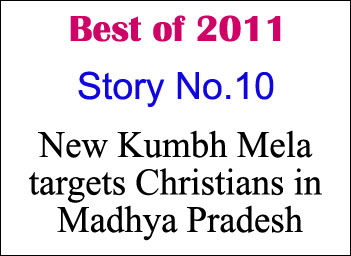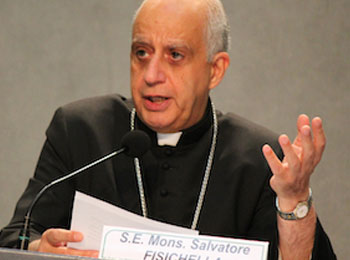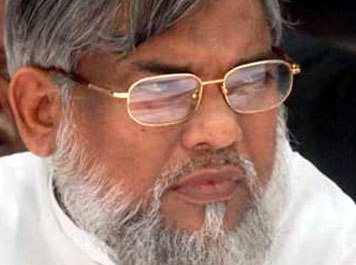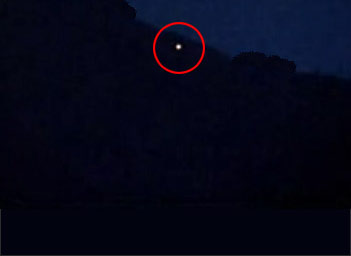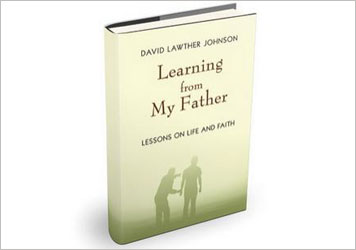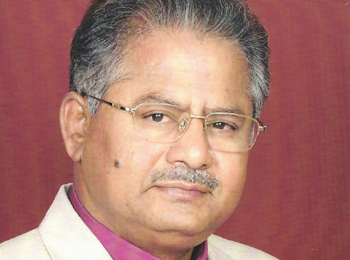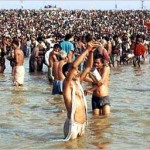 A fact-finding team of the AICC recently spent three days in the Mandla-Jabalpur region and is deeply concerned over imminent threats to the Christian community.
A fact-finding team of the AICC recently spent three days in the Mandla-Jabalpur region and is deeply concerned over imminent threats to the Christian community.
Two million attendees are expected during the Narmada Samajik Kumbh from Feb 10 to 12, 2011 in Jabalpur, Madhya Pradesh. Earlier this week, the All India Christian Council (AICC) sent appeals for preventative action to state and national government officials to halt anti-Christian hate speech and ensure peace.
John Dayal, AICC secretary general, said: “We support the freedom of the majority community to hold massive religious events. But, we fear that, even if there is no violence or a forcible conversion of Christians to Hinduism during the Kumbh, the Hindutva campaign has poisoned the atmosphere in Madhya Pradesh. This will negatively impact relationships between Christian and other tribals in the hamlets, villages, and townships of the region.”
The team uncovered plans for ‘ghar wapsi’ (homecoming celebration) or conversion to Hinduism of local Christians despite Madhya Pradesh’s Freedom of Religion Act which requires prior notice of such actions.
Literature distributed near the site talks about purging the region of ‘Christian missionaries’ who are falsely accused of large-scale conversions of tribals, mostly Gonds. The fact-finding report was submitted this week to the Madhya Pradesh Governor, the Union Minority Affairs minister, the Union Home minister, and the National Commission for Minorities.
“The penetration of hard core Hindutva activists in Madhya Pradesh may have a long-term dampening affect on freedom of religion in this region. It may also negatively impact the continuing social work of Christians, including schools and medical centers in under-developed districts,” said Dayal.
The fact-finding team was comprised John Dayal, member, National Integration Council, Government of India, and AICC secretary general, and Vijayesh Lal, human rights activist and secretary of the Religious Liberty Commission, Evangelical Fellowship of India. The organisers of the ‘kumbh’ are Sangh Parivar groups such as the Rashtriya Swayamsevak Sangh.
“We were told that sadhus and Hindutva activists have traveled throughout the Mandla’s villages. While collecting money for food and care of Kumbh participants, they made oral threats and allegations of illegal activities by missionaries or priests, according to Christian and social leaders in Mandla. They threatened to wipe out Christianity from the region and convert the region’s Christians to Hinduism through ritual cleansing,” said Dayal.
The police superintendent issued orders on December 6, 2010 telling churches, and other groups, they must close schools and institutions and house visiting dignitaries and women police. School officials told police a lengthy school closure will be impossible. The police superintendent now claims he did not sign the order, but the fact-finding team has procured what appears to be an authentic copy.
“We are deeply concerned because Mandla police have a history of questionable demands of Christians,” said Dayal. For example, they ordered Sister Olga Lucas of the Deenbandhudham Convent to give details of the nuns in the convent such as bank accounts, landline, and mobile telephone numbers, as well as details of patients undergoing treatment in the hospital and clinics.
Local Roman Catholic and other Christian leaders sent a memorandum to the Madhya Pradesh Governor, Chief Minister, and divisional and district authorities. The memo lists samples of newspaper clippings and posters targeting minorities with hate slogans.
Different kumbhs are held on various rivers across India. However, according to the AICC, the ‘Narmada Samajik Kumbh’ is distinguished because it is a very recent event invented by the Sangh Parivar to recruit tribal people in western and central India, specially the Chhotanagpur region which is inhabited by some of the oldest tribes in the world.
The Roman Catholic Church is particularly active in the region in education, health, and development projects, many begun in recent years. This region is heavily forested, and the Mandla district consistently ranks among the 20 most ‘backward’ districts in India. There are many similarities to Kandhamal District, Orissa, which suffered unprecedented anti-Christian violence in 2008 after the late Swami Lakshmananda Saraswati vitiated Kondh tribals against Christians.
It is also similar to the Dangs District, Gujarat, where Swami Aseemanand invented the ‘Shabari Kumbh’ and led a hate campaign against local Christians. This culminated in violence over Christmas 1998 and arson of at least three dozen churches. Aseemanand is currently in police custody for his role in ‘Hindutva terror’ including the bombing of Muslim shrines and mosques as well as the India-Pakistan peace train, called the Samjhauta Express, in 2007. The Shabari Kumbh was originally planned for Madhya Pradesh, according to media reports.
The full fact finding report is available at the AICC website.
The AICC, birthed in 1998, exists to protect and serve the Christian community, minorities, and the oppressed castes. The AICC is a coalition of thousands of Indian denominations, organizations, and lay leaders.



